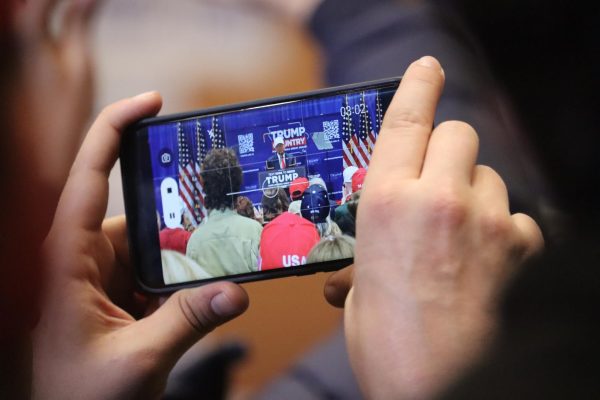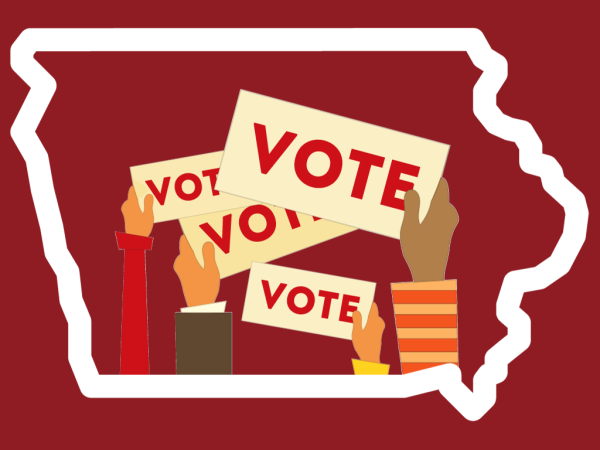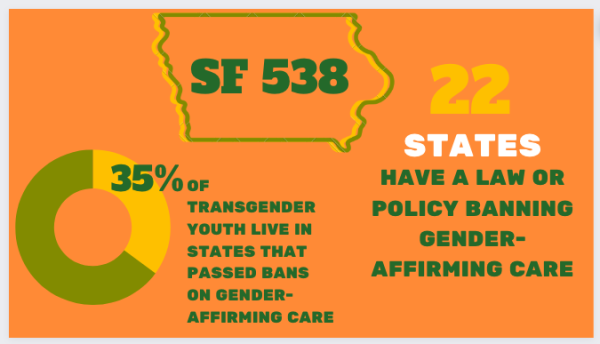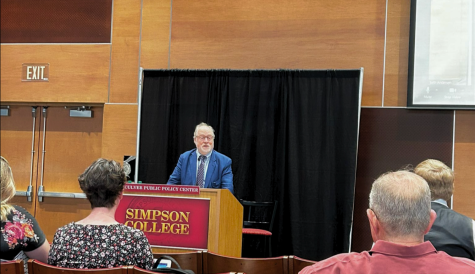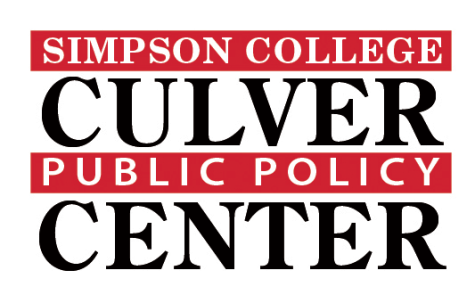Politics should be like marriage
February 23, 2006
Does anyone, other than myself, wonder how we can have bipartisan politics within a partisan government? Our government consists of many political ideals, all characterized by grouping the people that hold similar views together and giving them a name. We have Republicans, Democrats, Libertarians and so on. In the United States, we are pretty much a two-party system, though we have even developed a way to further divide these parties. You can have conservative Republicans, liberal Democrats, conservative Democrats, liberal Republicans, etc.
Our government representatives’ latest “problem issue” is the lack of bipartisanship among certain members in our government. This is often maliciously slung at Democrats by their Republican counterparts, with all sorts of rhetorical implications attached, in an effort to discredit the opposite group or put focus on the negative actions of a few.
The Samuel Alito hearings held by Congress are a good example of this. The Democrats questioned Alito vigorously about information we needed to hear, as well as information that we didn’t need to know. Some Democrats did go overboard. Ted Kennedy, Patrick Leahey, etc. were examples of partisanship making their views come across as confused, rather than clear and concise. The Republicans claim can be applied here, but not to all Democrats. As we see with the Alito confirmation, some Democrats did vote in favor of Alito, yet we still see Republicans claiming that Democrats are guilty of playing the partisan game.
Granted, there were far more Democrats who voted against Alito, than for Alito. But isn’t this what American politics should be about, questioning the reasoning for making a decision? Why is anyone surprised that the groups are standing in opposition to one another? This is what the party system was formed to do. It represents the feelings of the millions Americans who inhabit the United States.
Each political party, not just Republicans and Democrats, hold to some basic ideology about the way they want their government to rule over the citizens of the United States. Find out what you believe is the best way for this country to be governed and then identify the party that holds those beliefs. And there you have it, a political party just for you that represents what you believe in. Sounds too simple to be true, I know.
If the parties, like the Republicans and Democrats, run on an ideology that opposes each other, there will be partisanship. It’s a fact that has been in American politics since the party system was developed. It’s what it was created to do.
People don’t agree on everything. This is an inescapable fact. Married people are the perfect example of this. I have been married for more than two years now, and I can attest to the fact that married people rarely agree on anything. My wife and I argue often. It’s part of the dynamics of our relationship. The arguments we have make our viewpoints known to the other. There is no bipartisanship in the relationship. We just simply concede to the one who makes the stronger argument.
Our government works on the same standards. We form a position on a subject, debate, question and vote to decide the best course of action. When a vote is held in any of our branches of government, the losing vote doesn’t concede and say, “OK, you win. You’re right.” No, the law, precedent or ruling is put into place even though there are those who oppose it. The arguments and protests are just as important to the process as ‘winning’ the vote.
It’s not un-American to question, protest or argue for your point of view. I doubt our forefathers wanted us to conform to government representatives, whether we agree with them or not. This not only applies to the citizens, but to the officials we elect. They are representing somebody’s views and should be paid a modicum of respect, if nothing else.







